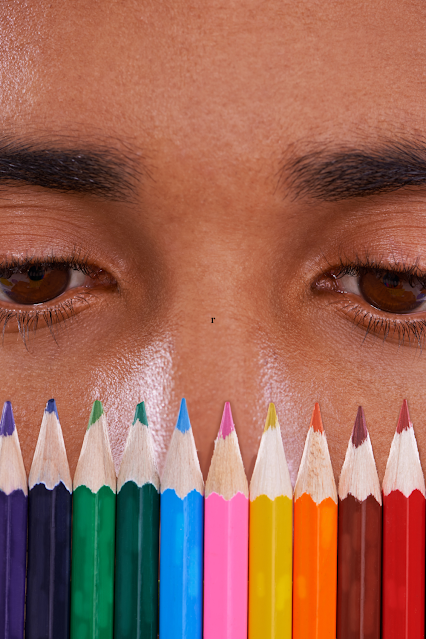Break The Chain: Understanding And Living With OCD
Making sure your OCD or Obsessive Compulsive Disorder does not define you is one of the challenges of living with OCD. If you suffer from OCD, you must make an effort to address your physical and mental health needs as well. Learn about the disorder and its various manifestations to begin overcoming it.
According to the International OCD Foundation (IOCDF), OCD is a chronic mental health disorder that affects two to three million Americans (IOCDF). While untreated OCD may be debilitating, it can be treated through various methods, including online therapy, in some cases. What you need to know about OCD and how to cope with it are all covered in this post.
What Exactly Is OCD?
The American Psychiatric Association (APA) defines OCD as having two main symptoms: obsessions and compulsions. Obsessions and compulsions can occur in anyone, but people with OCD have obsessive thoughts or compulsions that cause significant distress and impair their ability to function at work or socially.
Obsessions are disturbing and distressing thoughts, images, or urges that people with OCD experience regularly. These can be fear of contamination by germs or other people, fear of forgetting something, and an intense need for things to be in a specific order. Compulsions are actions or words that OCD sufferers use to alleviate the distress caused by their obsessive worries. Compulsions can include praying repeatedly, counting, touching things in a certain way, and arranging things symmetrically. Typical examples are excessive hand washing or cleaning, repeating specific phrases or words, and counting or chanting in patterns.
Features of OCD
Some of the many features of OCD include:
Obsessions are not welcome and generally contradict the sufferer's morals and values.
OCD significantly disrupts daily life.
OCD patients try but fail to suppress distressing thoughts.
The compulsions must be performed “correctly,” or they must be repeated.
The compulsions don't usually make much sense.
OCD sufferers usually know their obsessions and compulsions are unreasonable, but they cannot stop them.
Treatment
Most mental health professionals such as this mental health fairfax Virginia therapist recommend treating OCD with various forms of therapy and, in a few cases, medication. Cognitive Behavioral Therapy (CBT) and medication are the most common treatments for OCD, according to IOCDF. CBT using eExposure and Response Prevention is one the most effective treatment for OCD, and this entails confronting what causes your anxiety and triggers your obsessions. When triggered by the exposure, the response method involves making the decision to avoid compulsive behavior.
Recent studies and practices show that outpatient programs can help manage OCD and have proven helpful in mitigating its associated symptoms. Outpatient programs are designed for individuals with mental health conditions, including OCD. Outpatient programs include individual and group therapy sessions putting into practice evidence-based and experiential modalities to provide every patient with the tools and skills required to help manage their illness, work around damaging behaviors, and finally build structure in their lives.
Coping And Living With OCD
If you have OCD, you might feel frustrated, isolated, and strange. As they benefit from therapy or other treatment, it helps to remind yourself or somebody dealing with this as they go about their daily activities.
Obsessions and compulsions caused by OCD do not define who you are: you are not your OCD.
Seeking reassurance when you have obsessive worries exacerbates the situation. Avoid asking other people if everything will be fine. Instead, take your time and see how things play out.
Overcoming OCD necessitates hard work and the acceptance of some discomfort. Remember that your tolerance for discomfort will gradually increase over time.
Changing compulsions significantly, for example, washing your hands or arranging things differently, helps prepare you to overcome the compulsions. When you change your compulsions, they will no longer feel as satisfying, which is good.
Whenever you resist a compulsion, you are one step closer to overcoming your OCD. Even waiting 15 or 20 minutes is an achievement.
Remember that unpleasant feelings will always fade if you give them enough time.
Don't try to keep your obsessive thoughts at bay. Just remind yourself that they are only stemming from your OCD.
Reward yourself for each step forward by doing something special, taking a break from work, or eating a piece of chocolate.
Conclusion
OCD has an impact on both your emotional and physical health. Many people are consumed by their OCD to the point where they cannot live a healthy lifestyle in other ways. The following suggestions can help you remember to take care of yourself:
Get some exercise regularly,
Participate in a self-help group,
Avoid isolating yourself, and
Give yourself grace and treat yourself with compassion.
And if all efforts fail, seek help from a professional, and do not hesitate to ask for help from family and friends.




Post a Comment